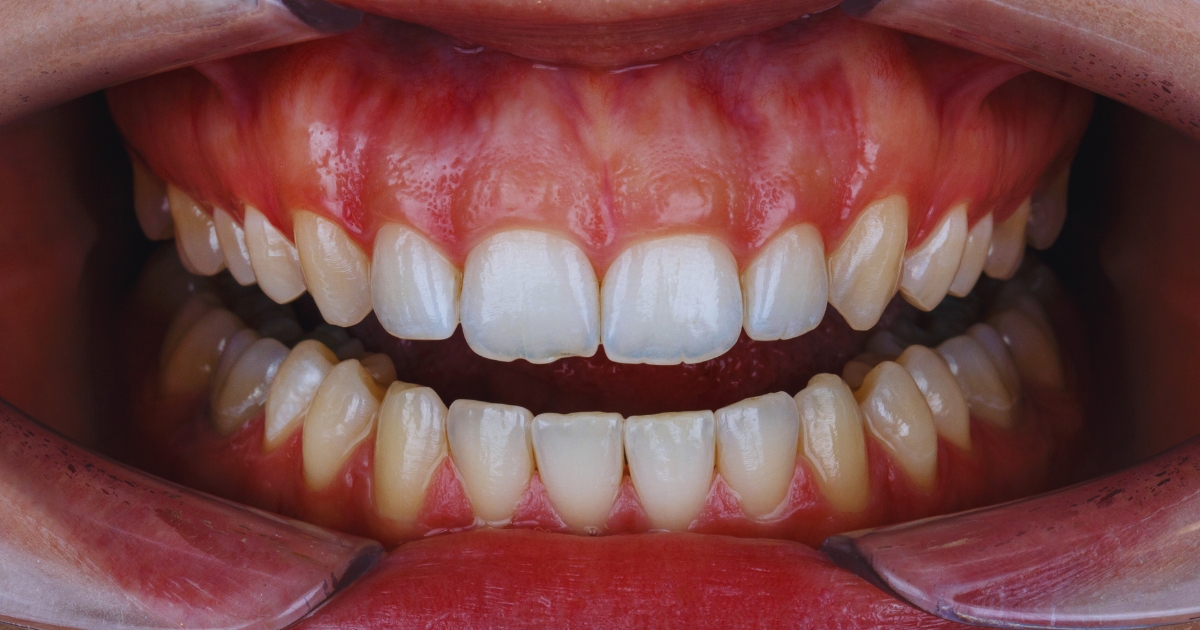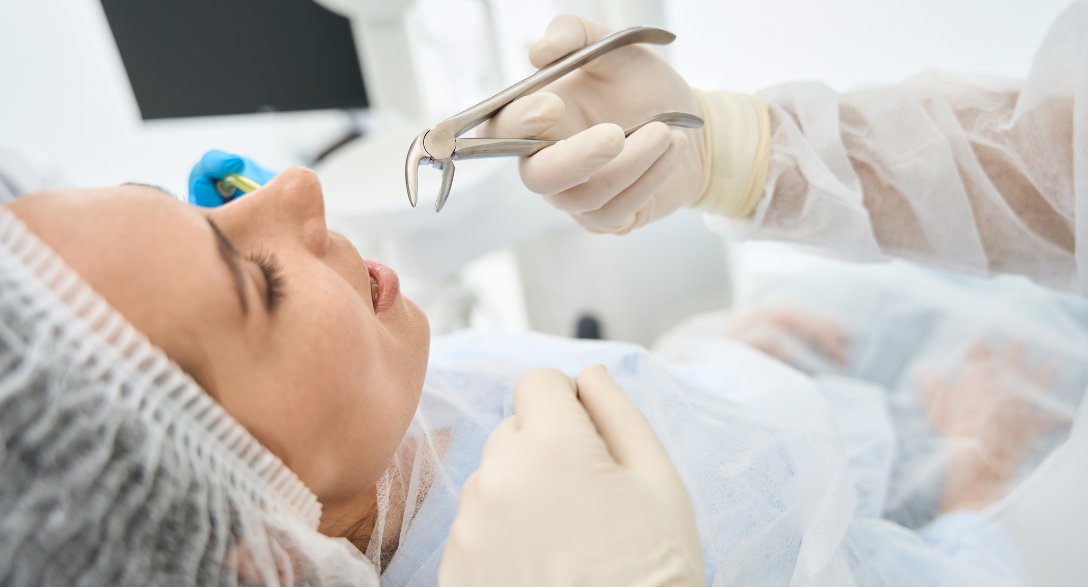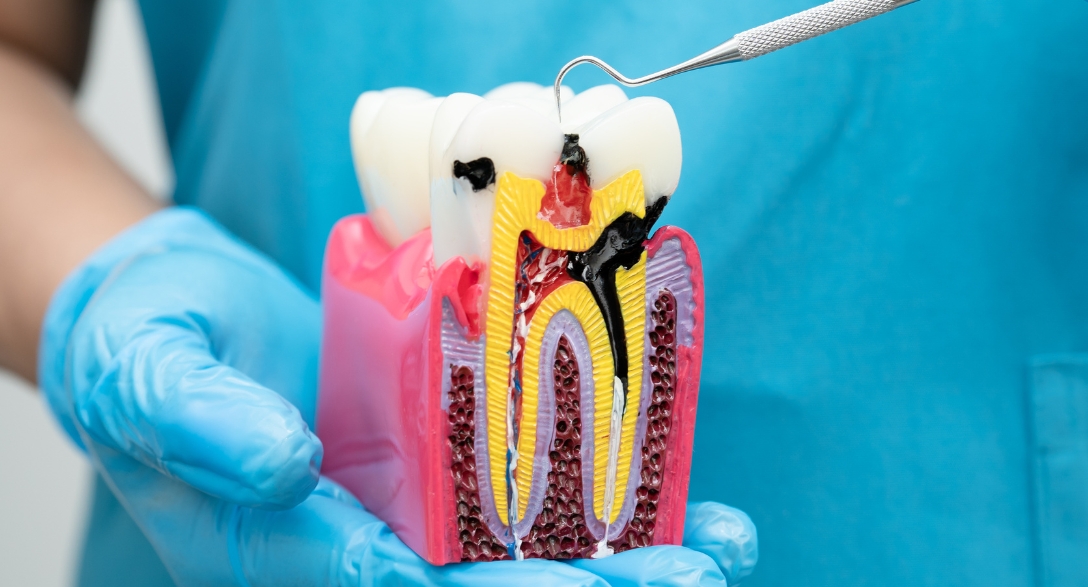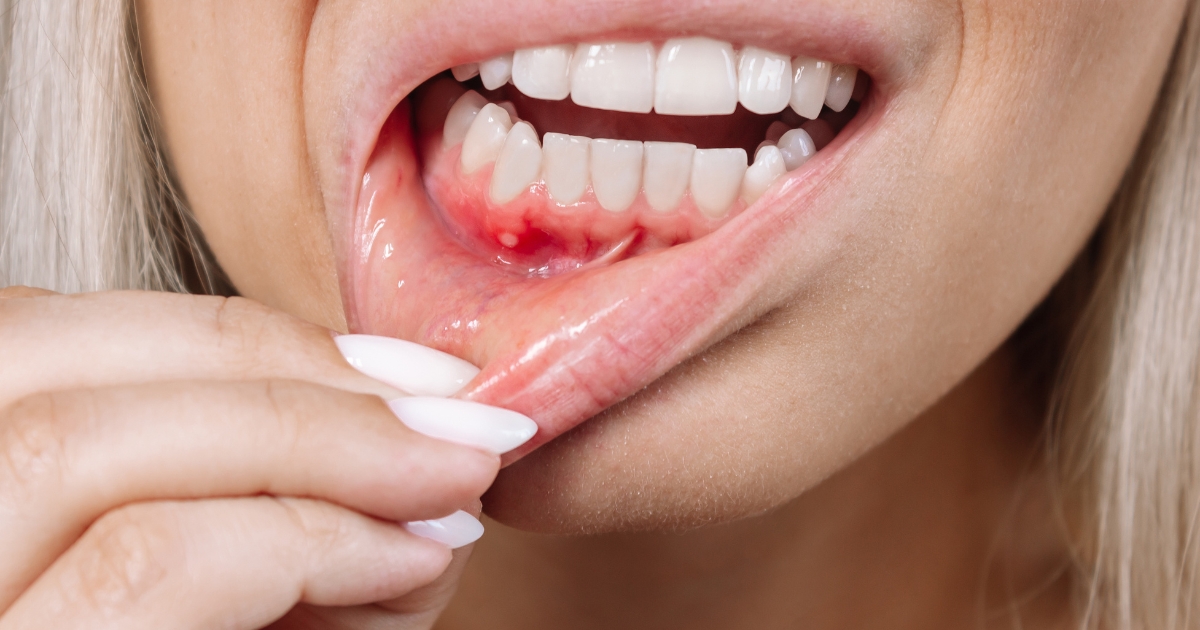Call Us Today 817-737-7668

Gingival recession, or gum recession, is a condition that affects more people than you might think. It occurs when the gum tissue that surrounds the teeth starts to wear away, exposing more of the tooth’s surface or even its root. If you’ve noticed your teeth looking longer or have felt increased sensitivity, your gums could be receding.
This is not just a cosmetic issue—gingival recession can lead to more serious oral health problems if left untreated.
While some people may think it’s a normal part of aging, gingival recession can affect people at any age and for a variety of reasons. Poor oral hygiene, aggressive brushing, and even genetics can contribute to gum recession. When the gums recede, they no longer protect the teeth as effectively, which can lead to tooth decay, gum disease, and other complications.
Beyond the health risks, receding gums can also affect your smile, leaving your teeth looking uneven or exposed. In this blog, we’ll explore how gingival recession affects both your oral health and appearance and what you can do to prevent or treat it.
What is the Gingival Recession?
Gingival recession is a condition where the gum tissue that surrounds your teeth wears away, exposing more of the tooth or even its root. This can happen gradually and may not be noticeable initially. As the gums recede, they leave the tooth roots more vulnerable to plaque buildup and other harmful bacteria.
- Gingival recession causes the gums to pull back from the teeth, exposing the tooth root.
- Symptoms include visible tooth roots, increased sensitivity, and longer-looking teeth.
- Over time, the exposed roots can lead to decay and other oral health problems.
Understanding gingival recession is the first step toward addressing it. If you experience any of the symptoms mentioned, it’s important to consult with a periodontist for further evaluation and treatment.
Causes of Gingival Recession
Gingival recession can result from several factors, some preventable and others genetically predisposed. Common causes include poor oral hygiene, gum disease, and aggressive brushing techniques that damage the gums. Lifestyle choices such as smoking can also negatively affect gum health.
- Poor oral hygiene and plaque buildup lead to gum disease, a major cause of recession.
- Aggressive brushing and using hard bristles can wear down gum tissue.
- Genetics can make some people more prone to recession.
- Lifestyle factors, such as smoking and a poor diet, contribute to gum health deterioration.
For the treatment of gingival recession in Alliance, working with a periodontist can help.
Oral Health Consequences of Gingival Recession
Gingival recession impacts your smile causing serious oral health issues. As the gums recede, the tooth roots are exposed, making them more susceptible to plaque buildup. This increases the risk of tooth decay and gum disease.
- Exposure of tooth roots leads to plaque buildup and makes teeth vulnerable to decay.
- Gum recession can cause bone loss around the tooth, weakening its foundation.
- Receding gums reduce the protective barrier for the teeth, increasing the risk of infection.
Receding gums also make it harder to maintain oral hygiene, putting your long-term oral health at risk.
Aesthetic Impact of Gingival Recession
Receding gum can drastically affect the appearance of your smile. When the gum tissue recedes, the teeth may look longer, which can create an imbalanced smile. Gingival recession impacts your appearance but can also affect your self-esteem.
- Gingival recession impacts your smile’s appearance and causes teeth to appear longer and uneven.
- The loss of gum tissue disrupts the harmony between gums and teeth, creating an unnatural look.
- Visible gum recession can cause embarrassment and affect your confidence in social situations.
A periodontist can offer treatment options that restore both your oral health and aesthetics.
How Gingival Recession Affects Tooth Sensitivity and Comfort?
One of the most uncomfortable effects of gingival recession is tooth sensitivity. When the root of a tooth becomes exposed, it can cause heightened sensitivity to hot, cold, and sweet foods and beverages.
- Exposed tooth roots can trigger discomfort when consuming certain foods and drinks.
- Sensitivity may also occur with brushing or flossing, making oral care more difficult.
- The pain can range from mild to severe and interfere with daily activities.
If sensitivity is a concern, seek professional treatment to protect your gums and alleviate discomfort.
How to Prevent and Treat Gingival Recession?
Preventing gingival recession begins with proper oral hygiene practices. Regular brushing with soft bristles, avoiding aggressive brushing, and using fluoride toothpaste can help protect your gums. Regular visits to a periodontist for cleanings can also prevent gum disease.
- Practice gentle brushing techniques using a soft-bristled toothbrush.
- Maintain a healthy diet and avoid smoking to protect your gums.
- Professional treatments, such as scaling and root planing, can treat mild recession.
- For severe cases, surgical options like gum grafting may be necessary to restore gum tissue.
The Role of a Periodontist in Treating Gingival Recession
A periodontist is crucial in diagnosing and treating gingival recession. Their expertise helps ensure that the condition doesn’t worsen and that the proper treatment plan is followed.
- A periodontist evaluates the severity of gum recession and recommends the best course of action.
- They may perform non-surgical treatments such as scaling and root planing or recommend surgical solutions like gum grafting.
- Their expertise ensures the preservation of oral health and aesthetics in the long term.
A periodontist plays a key role in halting recession and restoring gum health, ensuring long-term success.
When to Seek Treatment for Gingival Recession?
Gingival recession should be addressed before it causes further complications. Signs such as exposed tooth roots, increased sensitivity, or noticeable gum recession warrant professional evaluation.
- If you notice visible changes in your gum line or increased sensitivity, seek treatment.
- Delaying treatment can lead to further damage to the gums and teeth, as well as a risk of infection.
- Early intervention can prevent more invasive treatments and protect your overall oral health.
Gingival recession impacts both your oral health and appearance. It’s essential to address it early to avoid further complications like tooth decay, sensitivity, and aesthetic concerns. Regular oral care, along with professional treatment from a periodontist, can help protect your gums and restore your smile. Don’t wait for the recession to worsen—act now to maintain both your health and confidence.





